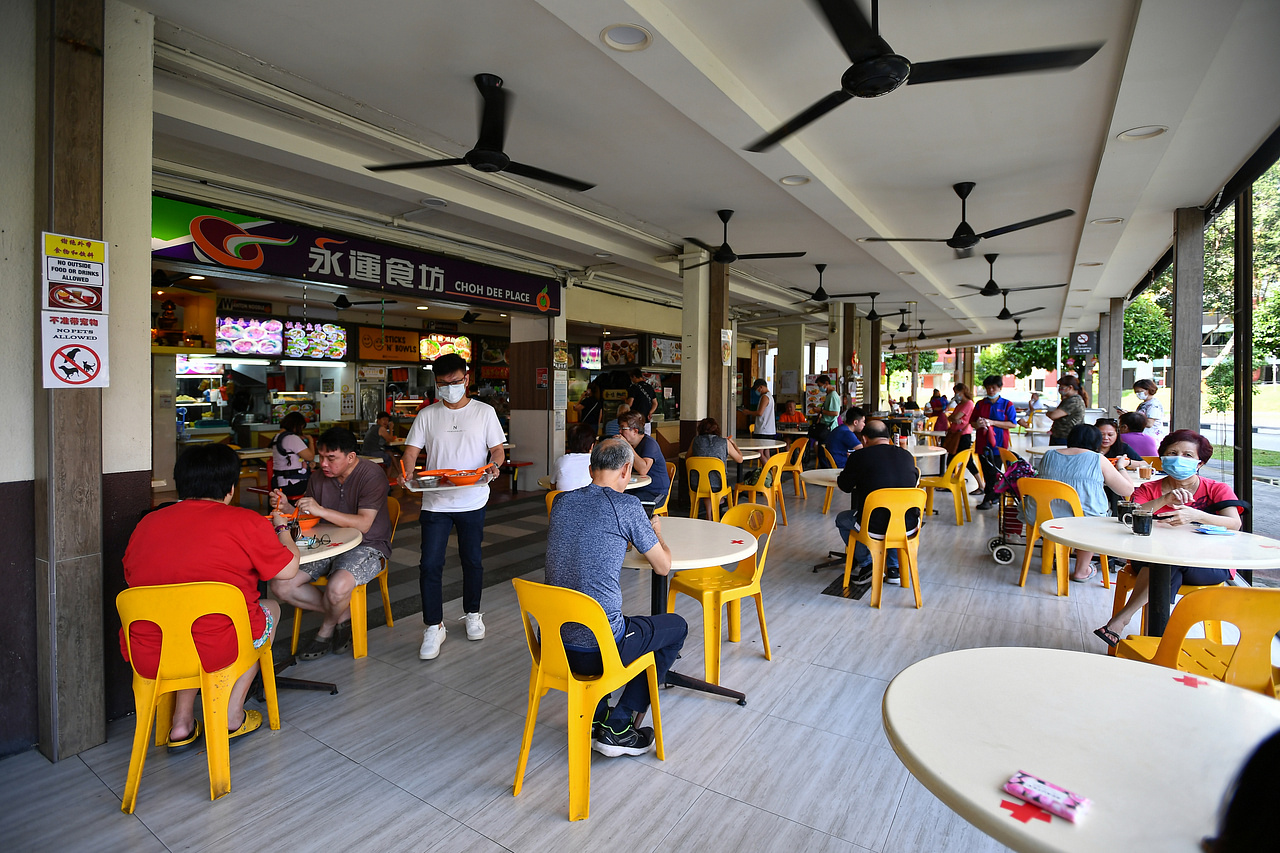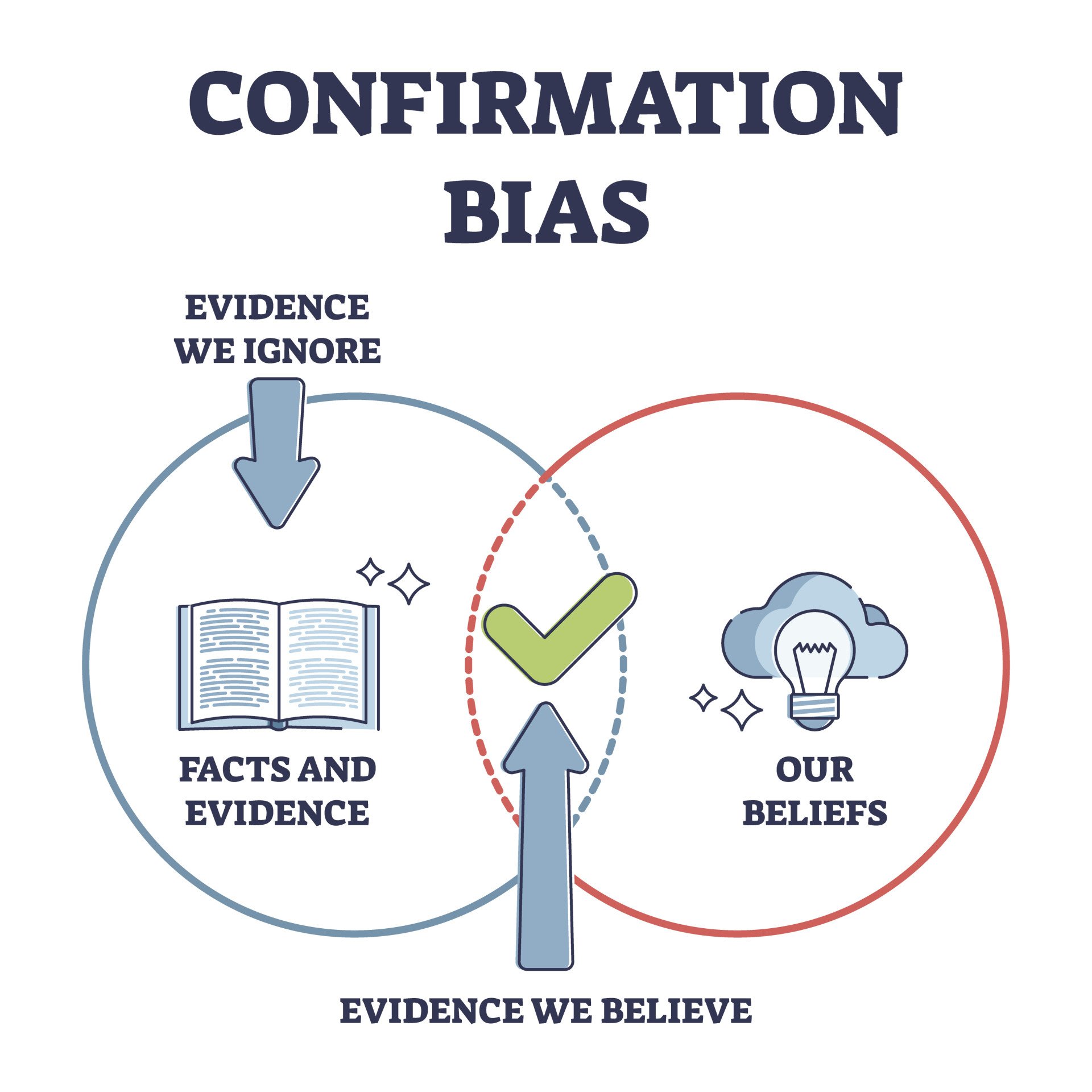Updates from Asia — Part 2
6. BZ to the Indian Navy, in moving tons of CORVID-19 relief supplies to India, that has seen 26.8 million infected. India leads the world in the daily average number of new infections reported, accounting for one in every 2 infections reported worldwide each day. COVID-19 infections are decreasing in India, with 255,283 new infections reported on average each day.
7. The Indian press have got to learn to fact check. There is a cost to other countries (like Singapore) for allowing COVID-19 relief supplies to India to flow through our airports and ports.
8. Singapore’s Health Minister Gan Kim Yong, who with Wong co-chairs the multi-ministerial task force handling the pandemic, said, Singapore is on heightened alert against the coronavirus, given rising case numbers and emerging virus variants around the world.
- As I noted earlier, the strain that is prevalent in many of the COVID-19 cases in Singapore is the B.1.617.2 variant, which originated in India.
- The Ministry of Heath (MOH) said Singapore has seen 46 imported cases of the B.1.617.2 variant of the virus from India.
- There have also been 5 imported cases of the B1525 variant. Responding to questions about the new variants, Assoc Prof Mak said there is emerging evidence that some of the variants may have an increased risk of breakthrough.
9. On 23 May 2021, Singapore reported 25 cases, of which 22 are locally transmitted COVID-19 cases (including 21 in the community and 1 who resides in a dormitory). There are currently 242 confirmed cases who are still in hospital — the country also reported its 32nd COVID-19 death, a
70-year-old man linked to the cluster at Tan Tock Seng Hospital. Of the 242 in hospital, most are stable or improving, and 3 are in critical condition in the intensive care unit. This is down from the 5 cases who were in critical condition in the ICU a day earlier.
10. Singapore’s MOH and the Ministry of National Development (MND) said
10 cases have been detected from 4 households living at Block 506 Hougang Avenue 8, while 4 cases were detected in 2 households living at Block 559 Pasir Ris Street 51. Mandatory polymerase chain reaction tests for all residents of the Hougang block were completed on Friday and Saturday, while
a two-day swabbing operation began on Sunday for the Pasir Ris block residents.
11. To facilitate eventual return of air travel and travel bubbles, a Singapore developed COVID-19 breath test that can generate results within 1 minute has received provisional authorisation from Singapore’s Health Sciences Authority (HSA). This new test would have been perfect for the Shangri-La Dialogue 2021, had it not been cancelled.
(a) The BreFence Go COVID-19 breath test system was developed by Breathonix, a spin-off company of the National University of Singapore, and is the first breath analysis system to secure such authorisation in Singapore. The trials were conducted in Singapore at the National Centre for Infectious Diseases (NCID) and Changi Airport, as well as in Dubai, in collaboration with the Dubai Health Authority and the Mohammed Bin Rashid University of Medicine and Health Sciences.
(b) Individuals screened as positive by the breath test will have to undergo a confirmatory polymerase chain reaction COVID-19 swab test.
12. Thanks to the spread of the B.1.617.2 variant from India, the Singapore-Brunei travel bubble has been suspended and the
scheduled Shangri-La Dialogue 2021 from June 4 to 5, has been cancelled. It was set to welcome ministers and senior military officials from around the world, including US Defence Secretary Lloyd Austin and Japanese Prime Minister Yoshihide Suga but thanks to 25 new COVID-19 cases in a single day, the event was cancelled.
13. Japan's western region home to 9 million people is suffering the brunt of the fourth wave of the pandemic, accounting for a third of the nation's death toll in May, although it constitutes just 7% of its population. The speed at which Osaka's healthcare system was overwhelmed underscores the challenges of hosting a major global sports event in two months' time, particularly as only about half of Japan's medical staff have completed inoculations. Japan has avoided the large infections suffered by other nations, but the fourth pandemic wave took Osaka prefecture by storm, with 3,849 new positive tests in the week. That represents a more than fivefold jump over the corresponding period three months ago.
"Simply put, this is a collapse of the medical system," said Yuji Tohda, the director of Kindai University Hospital in Osaka.







